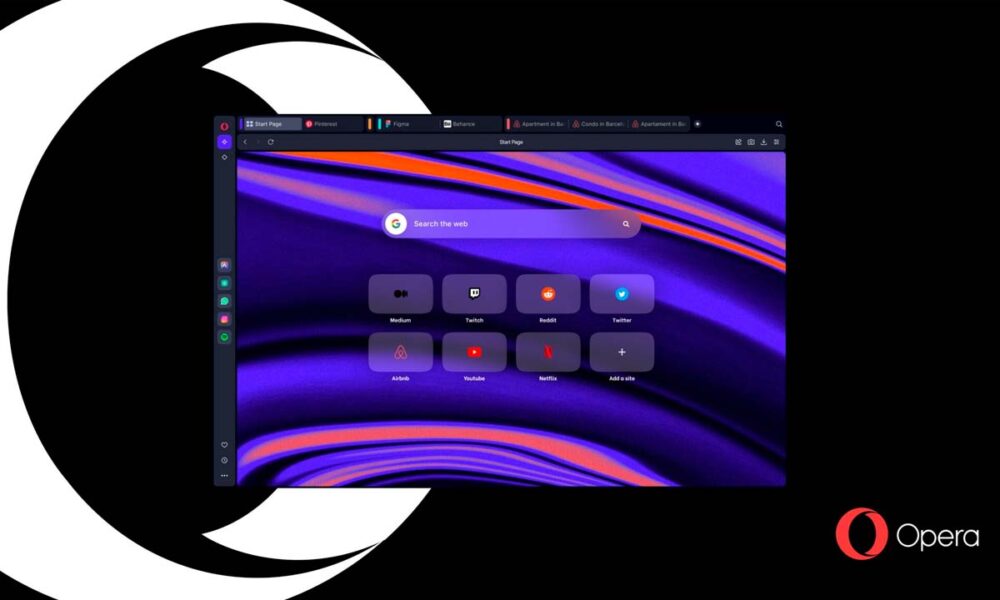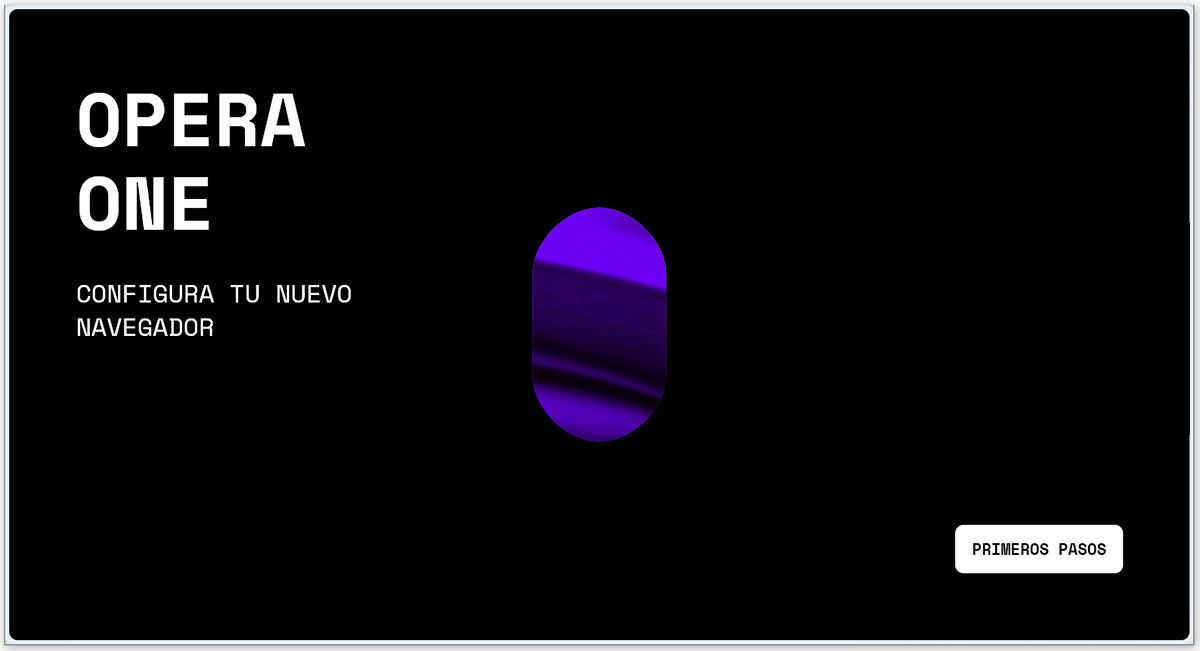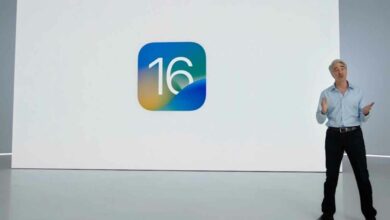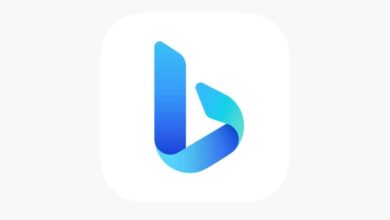
If there’s one thing we can’t deny the Opera web browser it is his spirit of innovation. Since its origins, back in 1995, those responsible for it have always wanted to distinguish themselves from the competition by adding unprecedented functions, hitherto on the market, to their browser. From the tabs to the shortcuts on the home page, the included ad blocker or the screenshot function, the list of innovations that have subsequently been added by other browsers is enormous.
They are not always the first of course, but they do respond extremely quickly if the case arises. Let’s remember, for example, that if Microsoft announced Edge with Copilot on February 7, Opera announced the inclusion of ChatGPT in its sidebar, as well as other artificial intelligence functions, on February 12, just five days later. It is true that it took them a few weeks to implement it, but it doesn’t seem like an excessive amount of time, especially considering that we are talking about a moderate-sized company, not a multinational.
More recently, at the end of April the company announced Opera One, the future of its browser, with a complete redesign of it that has both aesthetic improvements and a new interior architecture that allows a more modular design of components and functions, something that will result in us being able to see the deployment of new features more frequently in the future. Since its very announcement, it was already possible to download a first beta version of it, although the company announced that it would begin to replace the current browser at the end of the year.
It seems, however, that they have decided to step on the accelerator since, according to what we can read on their blog, Opera One has already begun to replace the traditional Opera. This change comes hand in hand with version 100 of the browser, so from now on, when users download Opera or update their current installation, they should directly access this redesign that aims to mark the future of this application.
At the epicenter of the novelties is Aria, the artificial intelligence model It is natively integrated into the browser. What does this mean? Well, the functions associated with this generative model, which has been jointly developed by OpenAI and Opera, are integrated into the natural flow of use of the browser, so we can expect a better and faster response than that provided by browser plugins. that we have seen so far. Aware, yes, of the distrust of many users regarding artificial intelligence, the company makes the point that the use of these functions is totally optional.
Another very interesting novelty is the islands of tabs, a new system for organizing them that will automatically organize them into blocks, thus making it easier for us to locate at a glance those directly related to the page we are viewing at that moment. This is part of an aspect of Opera One that the company focuses on, intelligent management of interface elementsand it is that according to what they say, it will adapt dynamically to the habits and needs of the user, thus providing a much more personalized experience.




